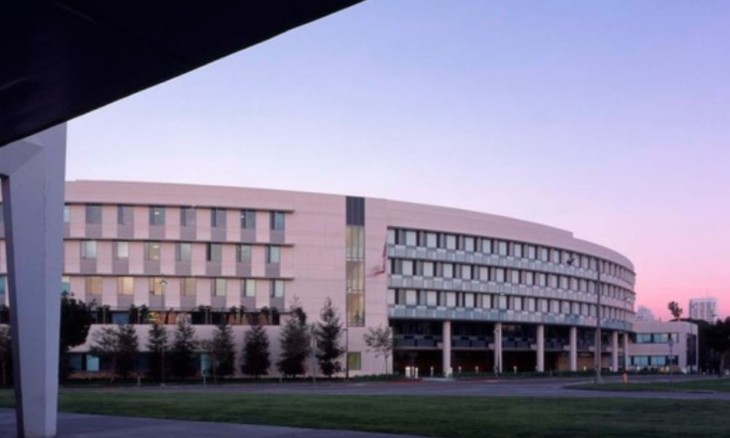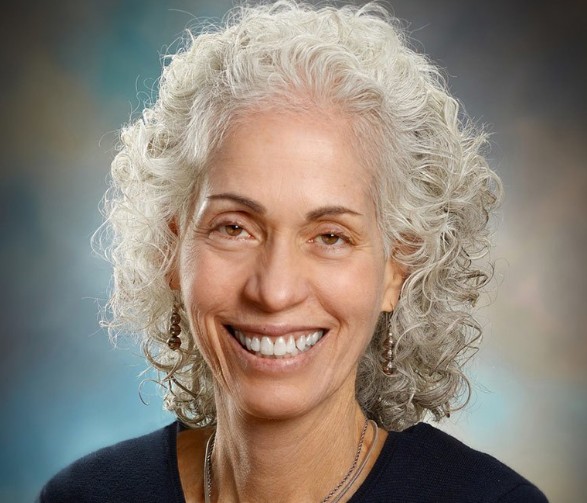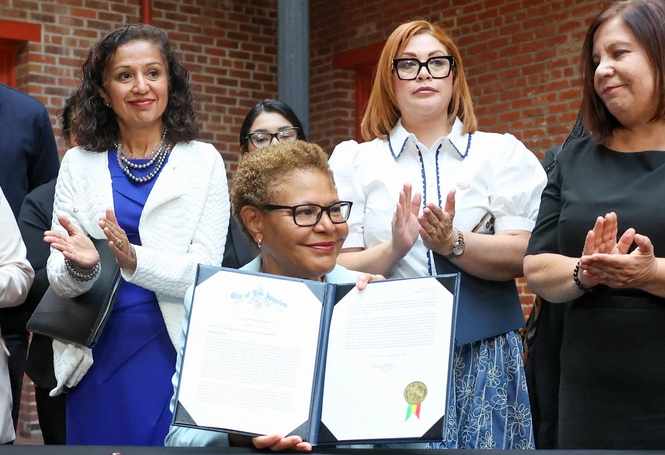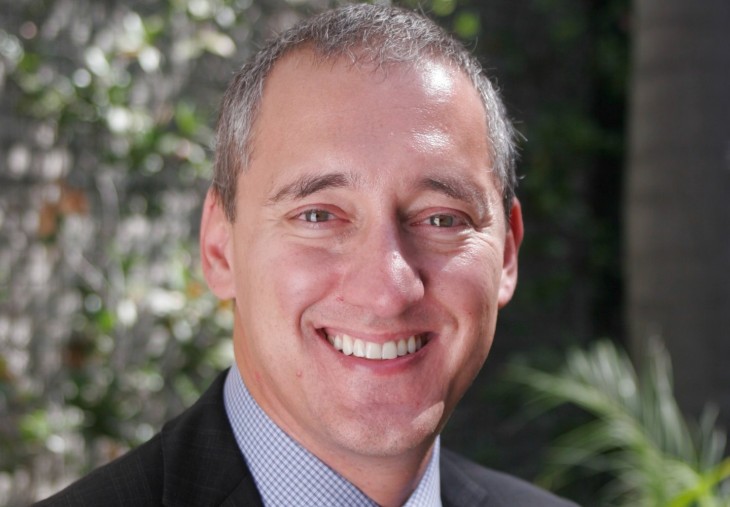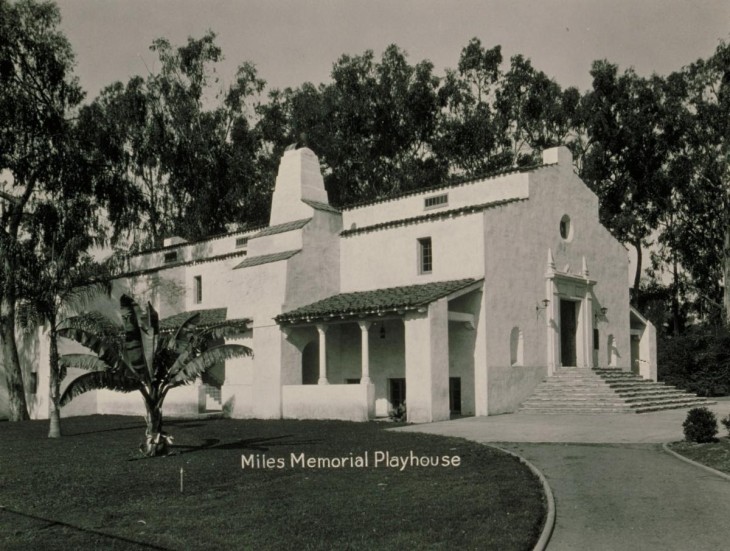By Mark Underwood
While you’re having a great time taking photos of the Swiss Alps or the Colorado Rockies, you may not realize it, but your travel experience is benefiting your mind. Scientific research agrees that lifelong learning, which includes discovering first-hand new places, people and cultures, is one of the primary factors that lead to better brain health.
Preparing to learn and travel
More seniors than ever before are planning road trips, cruises, railroad excursions, tours, hiking, and biking expeditions to near and far locations. But some of these same travelers are not only choosing resorts, inns, air fare, itineraries and cruises; they are also sharpening their brain by studying the history and culture of the areas and learning the languages. Before they depart, they are taking non-credit academic courses to add to their travel experience.
Other travelers take time to read books by the country’s beloved authors, and learn about the local cuisine, music, and art. All of these things help you stay active, but they also keep the brain constantly engaged. Scientific research has found that a challenged, stimulated brain may be the key to a long healthy life.
Learn a language
Before you depart from home learn a new language or at least a few phrases. One of the most important things you can do to stimulate better brain health is to learn new language skills. You may not have time to immerse yourself in a language, but the more time you spend learning, the faster you will learn. There are numerous ways to learn French, German, and other languages. Join a class or listen to audiotapes or ask someone who speaks the language to teach you.
Planning tips
Other planning steps include making two copies of your passport. Take one copy with you and put in a separate location from the actual passport. Leave the second copy at home. Make a copy of your health insurance card from your home health plan and keep the copy in a location separate than your card. Take a mix of money such as one credit card, possibly a debit card, and cash including several $1 bills. Don’t keep all of your money in your wallet. Instead, divide it so you have it in more than one location in case your wallet is lost or stolen. It’s a good idea to have a health check-up before you leave home. If you’re traveling to a tropical or sub-tropical area, check health advisories for your destination. Talk to your physician about protection or immunization from diseases that might be prevalent in your location like malaria.
When you get to your destination
Always wear a seatbelt in a taxi or auto. Avoid taking cabs after dark in developing countries or to areas far from your hotel. Don’t travel anywhere at night by foot or driving if you feel the area has questionable safety concerns. In some beach communities the main boardwalk or city center may safer for taking a stroll than a block or two off the primary tourist area.
Keep in mind if you are in a crowd waiting in line at a restaurant or buying tickets to a popular attraction you may also be sharing the crowded space with pickpockets. Consider wearing a money belt inside your skirt or slacks so that that it can’t be seen from the outside.
As a senior you can see the world without spending a fortune. But no matter where you go you need to prepare for a healthy vacation. Plan to be a healthy, safe, and savvy traveler and you’ll have the time of your life.
Mark Underwood is a neuroscience researcher, president, and co-founder of Quincy Bioscience, a biotech company located in Madison, Wisconsin focused on the discovery and development of medicines to treat age related memory loss and the diseases of aging. Mark has been tapped as an expert in the field of neuroscience for The Wall Street Journal Morning Radio, CBS, and CNN Radio among others. Mark is also a contributor to the “Brain Health Guide” which highlights the research at Quincy Bioscience and offers practical tips to help keep health brain function in aging. For more articles and tips for healthy aging, visit www.TheGoodNewsAboutAging.com.









